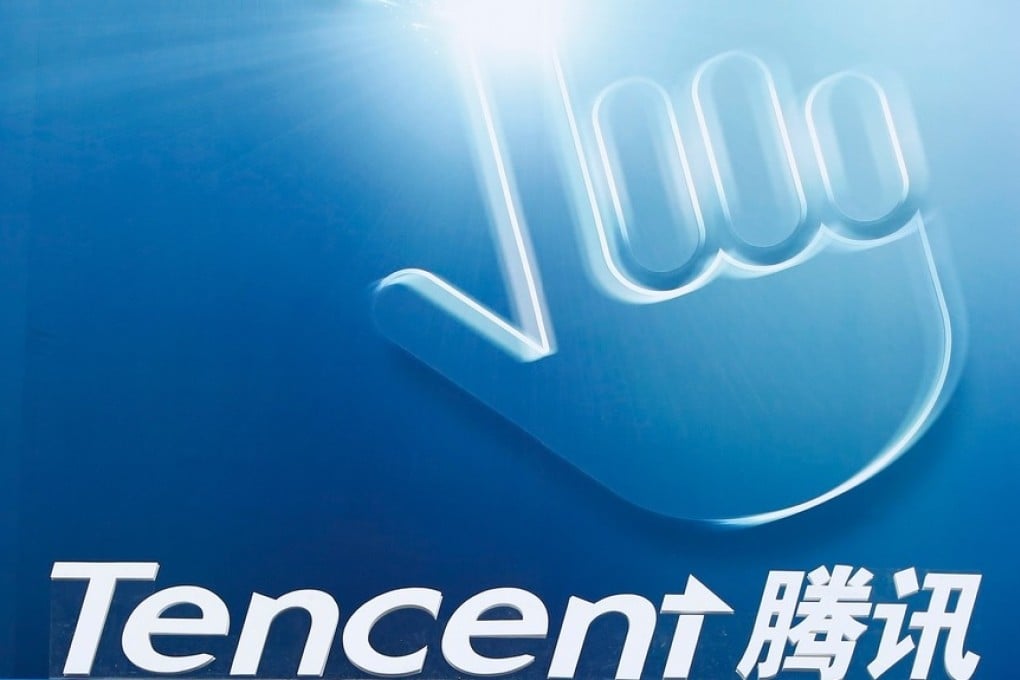Corporate China | Weibo: Xiaomi's apartment play; China Mobile's nakedness

Tech executives have been uncharacteristically quiet on their microblogs this past week, possibly due to the US Thanksgiving holiday that saw light activity in New York where most of their stocks are traded. But all the holidays in the world could never quiet the talkative Lei Jun, CEO of Xiaomi, who was busy talking up one of his company's latest investments. That particular investment came in the unlikely property management space, involving a developer of YMCA-style buildings that rent out apartments to young people.
Perhaps the recent shortage of buzz from Chinese tech executives also owes to the fact that many of their stocks have taken a bath over these last few weeks, after many surged during a wave of IPOs earlier this year. Shares of e-commerce leader Alibaba (NYSE: BABA) have dropped 6 per cent from an all-time high over the last three weeks, and even Hong Kong-listed Tencent is down 9 per cent from a mid November peak.
That kind of pull-back may be dampening executives' enthusiasm, and many may also be worried that microblog hype might be seen as a desperate attempt to pump up their flagging share prices.
Against that backdrop, perhaps it's not too surprising that Xiaomi's CEO Lei Jun was one of the few executives busily tweeting away on his micrblog over the past week, since his company is privately held. Lei was buzzing about a new investment in a firm whose name roughly translates to "you+International Youth Apartments", or you+guoji qingnian gongyu.
I couldn't even find a website for this company, which is a bit strange since Xiaomi likes to do most of its marketing on the Internet as part of its broader strategy to position itself as a cool brand that appeals to young hipsters. But the you+ certainly looks like it caters to the kind of audience Xiaomi is targeting.

